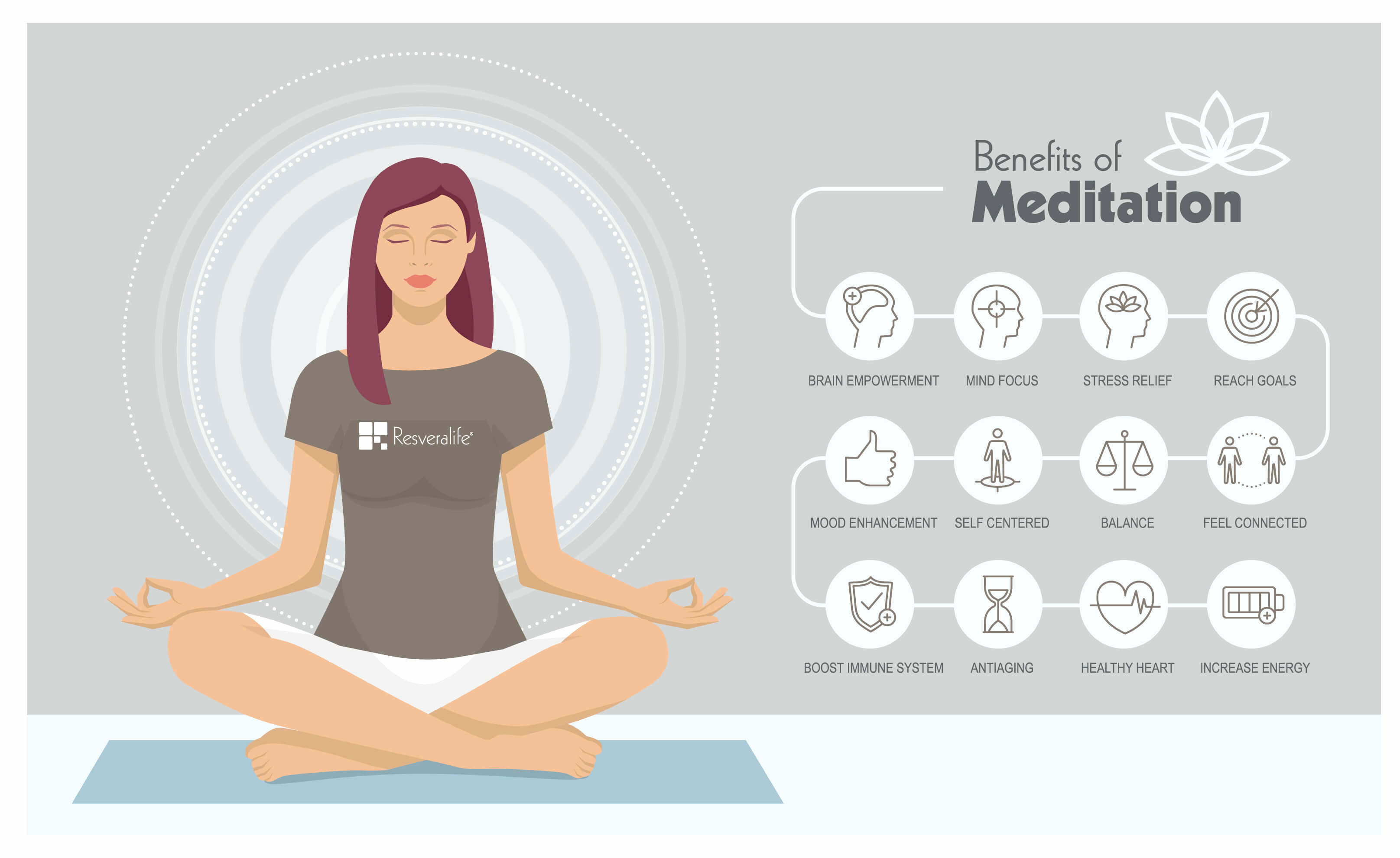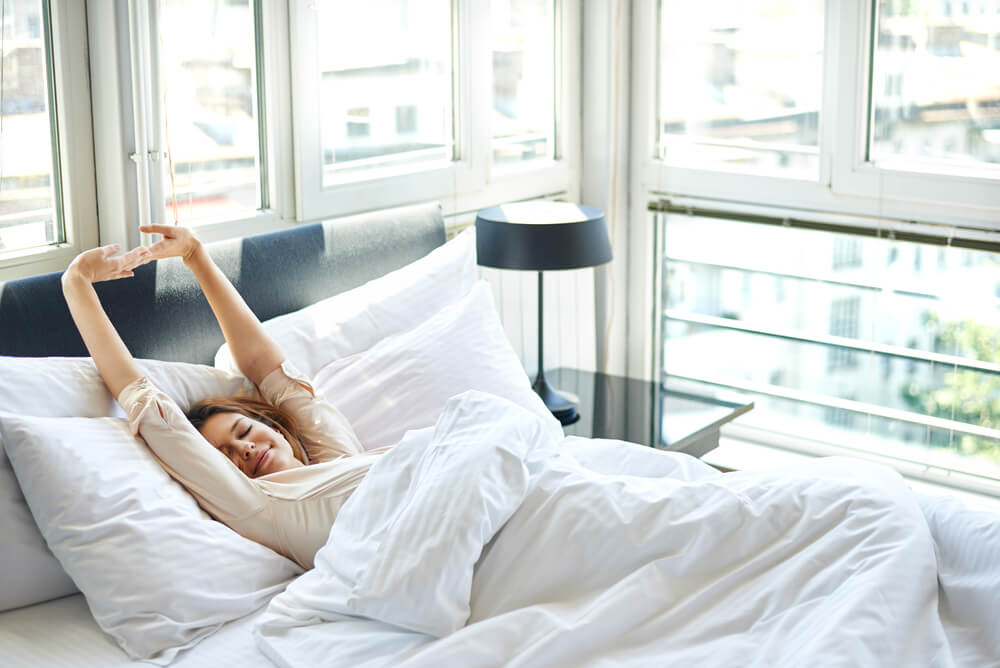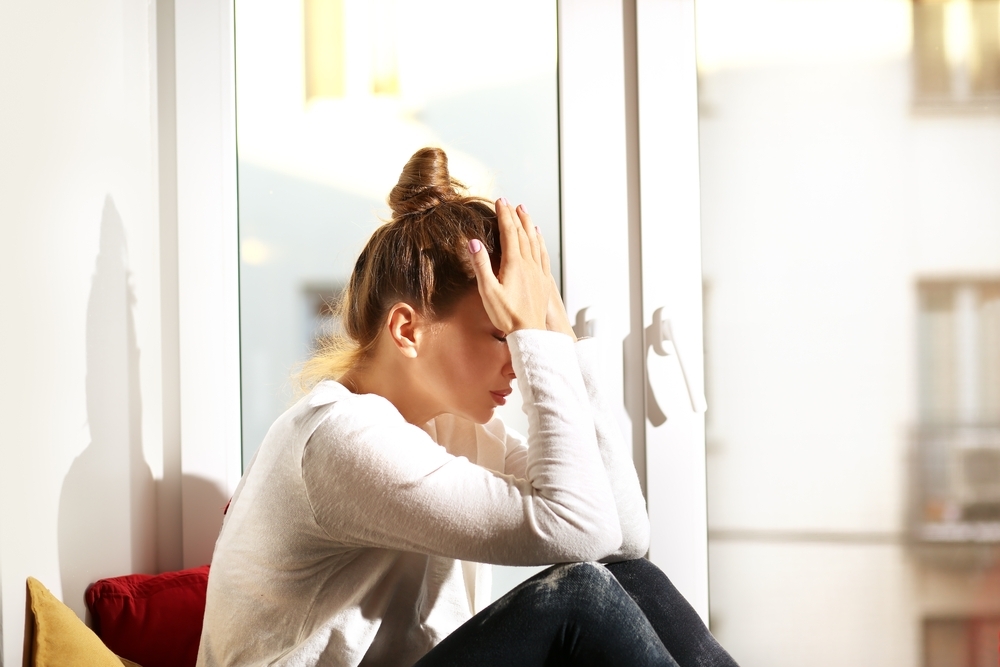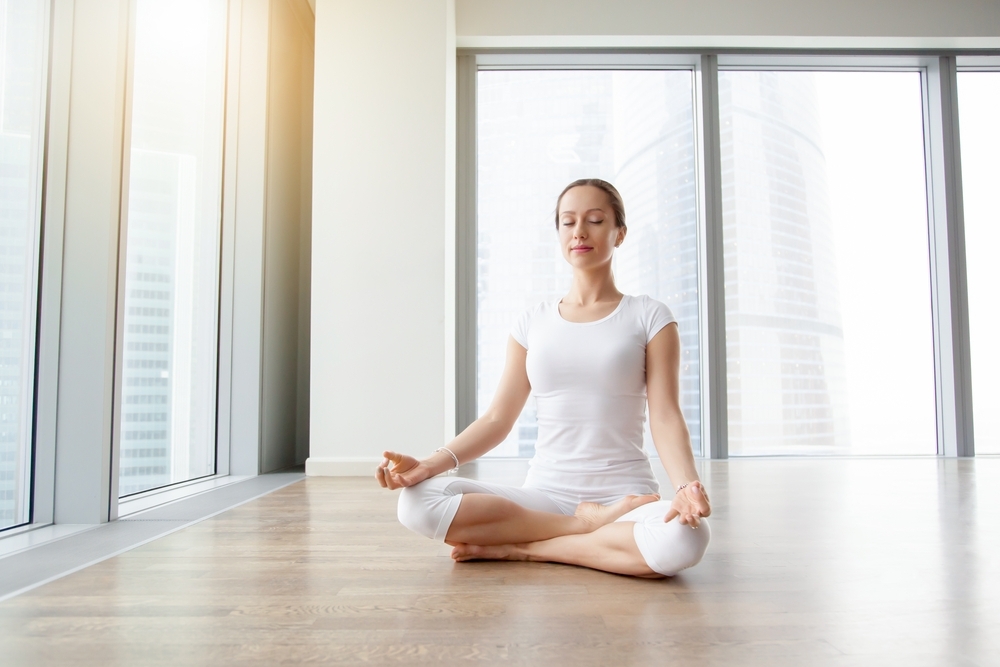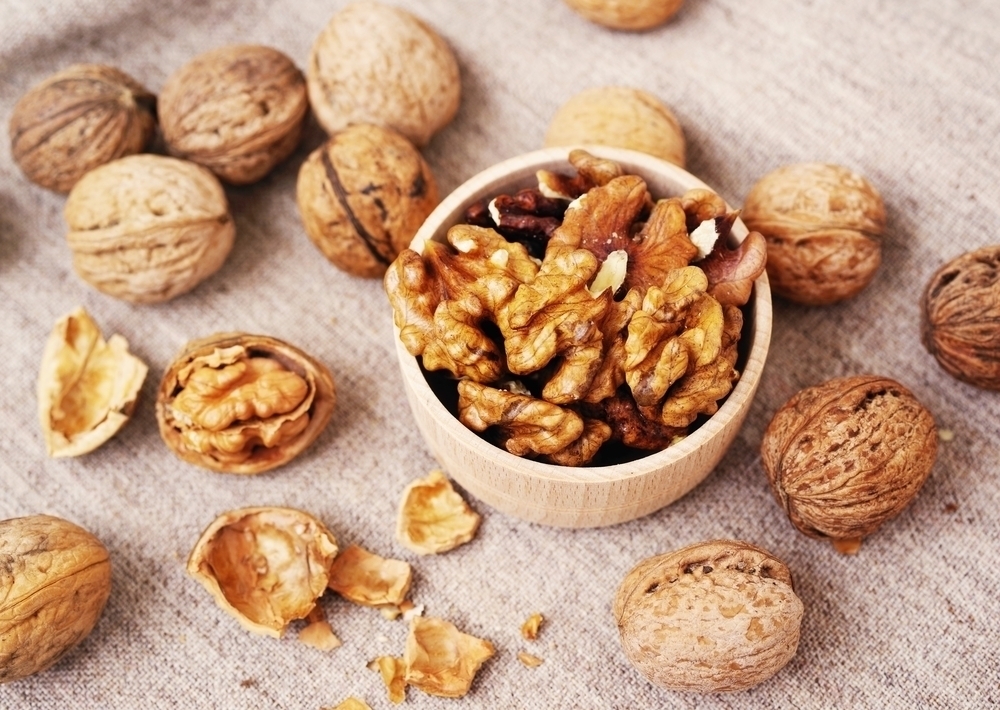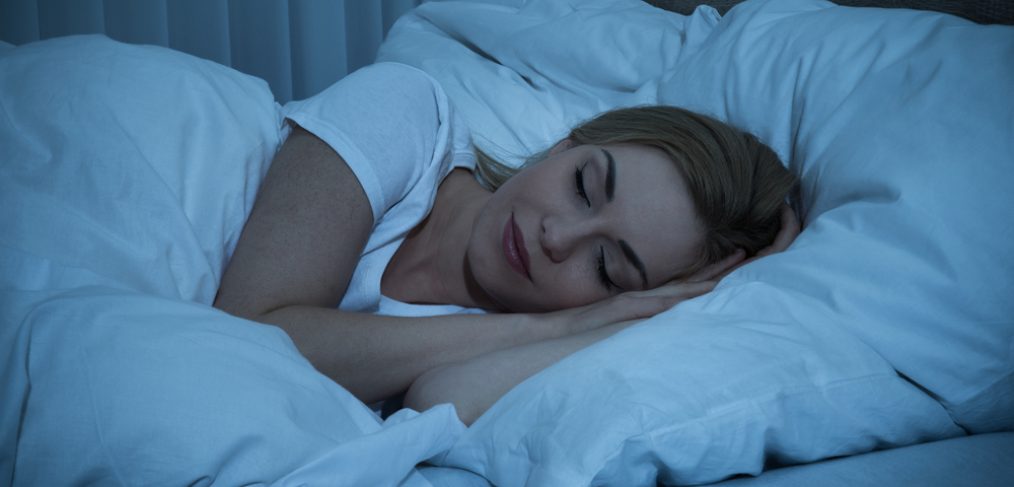Do you often find it difficult to stay awake and concentrate during the day?
If so, you could be suffering from daytime fatigue, which is often linked to another medical problem.
Here are nine different causes of daytime fatigue, as well as tips on what you can do about them.
Hypersomnia
Hypersomnia is a condition that refers to either:
- Excessive daytime sleepiness
- An excessive amount of time spent sleeping
If you have hypersomnia, you will likely find yourself falling asleep at random points during the day, even while you are talking or driving.
Hypersomnia is extremely common, affecting around 40% of people at some point in their lives.
What causes hypersomnia?
Here are a few of the most common causes of the condition:
- Sleep disorders, which will be explained in more detail below
- Sleep deprivation
- Alcohol or drug abuse
- A head injury
- Being overweight
- Genetics
- Depression and anxiety
So, if you have hypersomnia, what can you do about it?
You should first have this confirmed by your doctor, who will also be able to prescribe different drugs to help treat the condition.
You can also try to identify the cause of your hypersomnia, and then work to reverse this. For example, if it is caused by being overweight, losing weight can help, while changing your sleeping habits so that you get more sleep will prevent sleep deprivation from causing your hypersomnia.
Sleep Deprivation
Sleep deprivation is extremely common, and simply refers to a person not getting enough sleep.
How much sleep is enough?
Experts recommend between seven to nine hours of sleep each night, although this does vary between individuals, and also changes with age.
While missing out on a couple of hours once in a while will not cause any harm, experiencing frequent bouts of sleep deprivation can definitely lead to daytime fatigue.
How can you overcome this?
The obvious answer would be…
Get more sleep!
Here are a few tips to help you to get more quality sleep:
- Set a regular schedule – a regular sleep schedule will help to train your body clock into feeling tired at the same time each evening, while waking itself up at the same time each morning. Make sure that you stick to this schedule, even on the weekends
- Stay away from caffeine or alcohol from late afternoon onwards – both of these can hugely impact your sleep, as well as its quality
- Don’t keep blue light-emitting electronics in your bedroom – the blue light that comes from the screens of these devices keeps your body awake for longer
- Avoid daytime napping – even if you feel tired during the day, avoid the temptation to nap, as this will only prevent you from falling asleep at the optimum time that night
- Work out in the mornings – you may think that exercising would help you to fall asleep, but this actually raises the heart rate and triggers the release of adrenaline into your body, both of which will keep you awake. However, exercise done in the mornings, or even the afternoons, can actually help you to sleep better at night
- Avoid eating two hours before bed – this sets your digestive system in motion, which can keep you awake
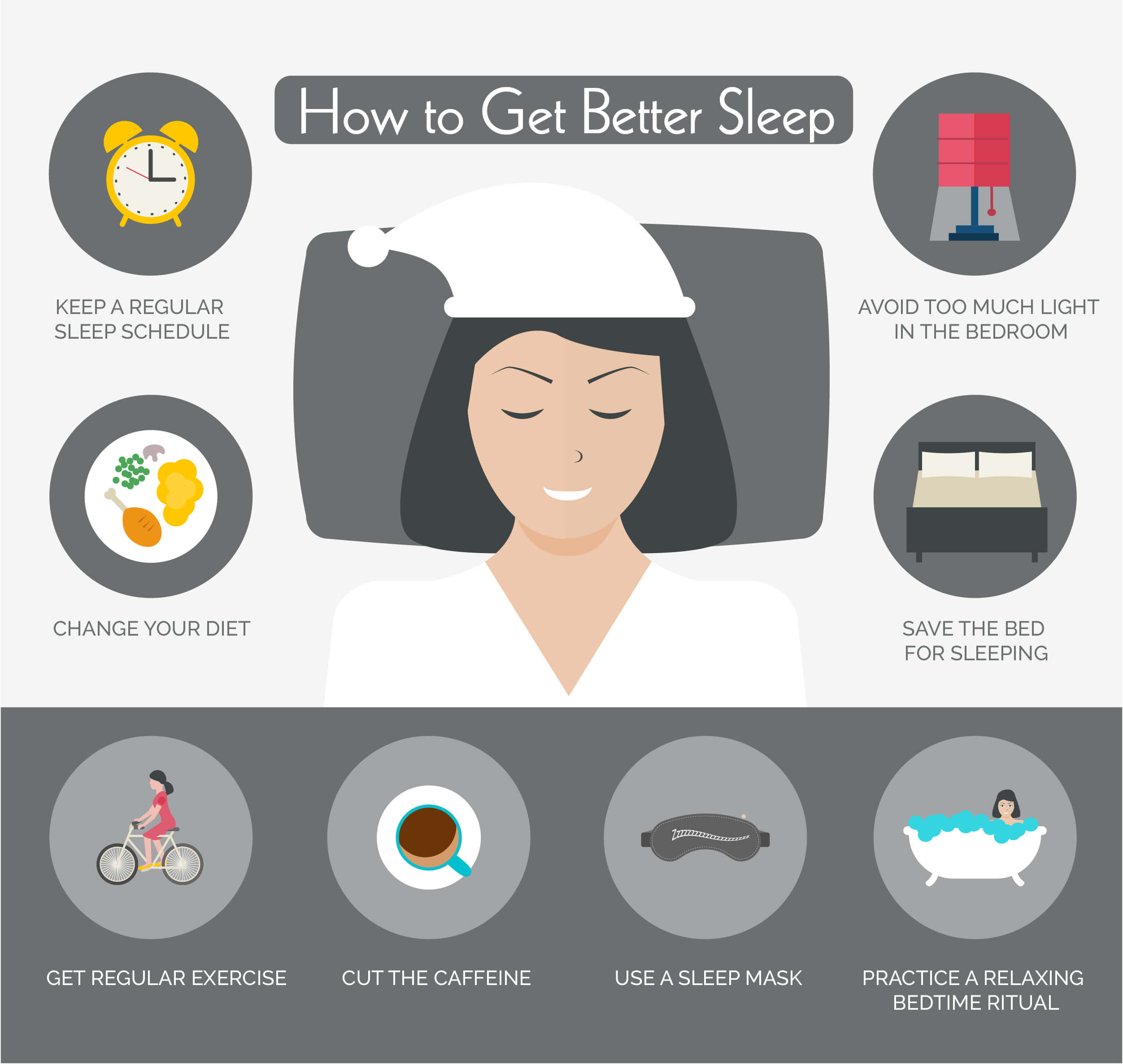
Sleep Disorders
Sleep disorders cause you to frequently wake up during the night, which then interferes with the quality of your sleep, leading to you feeling chronically fatigued each day.
These are some of the most common sleep disorders:
- Obstructive Sleep Apnea – the most common sleep disorder, affecting more than 20 million adults in the USA alone. This disorder consists of a blockage in the airways, meaning that the brain wakes itself up to send a signal to the respiratory system to continue functioning normally. This usually causes a person to stop breathing for about 10 to 20 seconds, and can occur hundreds of times throughout the night, without a person even realizing it
- Narcolepsy – this is an autoimmune disorder in which the brain is not able to properly control its sleep and wake cycles. This means that you experience the REM stage of sleep, which is when you are sleeping the deepest, at random points during the day
- Restless Leg Syndrome – this neurological disorder causes a person to feel an uncomfortable sensation in their legs, which leads to them moving their legs around to relieve this. Since this makes it difficult for a person to fall asleep, as well as stay asleep, the result is daytime fatigue
Treatments vary for each sleep disorder, and in some cases, especially for restless leg syndrome, these disorders can be a sign of a more serious medical condition. This makes it important to see a doctor if you think that you may be suffering from a sleep disorder.
Depression
Depression is much more common than you would think…
Around 300 million people around the world, including 16.2 million adults in the USA, have depression. It is also believed that around 15% of the adult population will experience depression at some point in their lives.
What does this have to do with daytime fatigue?
Research shows that people with depression are much more likely to experience daytime fatigue. Not only that, but people who already have daytime fatigue are much more likely to end up depressed.
As you can see, this results in a vicious circle that can be difficult to break out of.
When it comes to treating depression…
There are many treatment options out there, depending on the severity of your depression. This is something that only a professional can advise you on, so make sure that you speak to a doctor if you think that you may be depressed.
Too Much Caffeine
Coffee is commonly drunk to help people stay awake and alert, but, sometimes, it can have the opposite effect.

While a cup or two won’t do any harm, drinking too much caffeine can lead to:
- Increased heart rate
- High blood pressure
- A jittery feeling
- Anxiety
- Insomnia
What happens once the caffeine wears off?
You end up “crashing”, resulting in you feeling completely fatigued.
What can you do about this?
Well, let’s begin by what you shouldn’t do…
Drinking even more coffee in order to overcome this would be the worst way to deal with the problem.
Instead, try to cut back on the amount of caffeine you drink.
Don’t worry, you don’t need to completely cut caffeine out of your life, because this will only leave you with withdrawal symptoms.
Try slowly weaning yourself off the coffee, as well as any other caffeinated drinks. Replace these with water or other drinks, so that you are consuming less caffeine each day.
A Poor Diet
The food that you eat fuels your body, so it only makes sense that your body will feel weak and tired if it is not being fed with the right nutrients.
Let’s begin with the most important meal of the day…
Breakfast!
So many people out there skip breakfast, not realizing just how crucial this meal is.
Why is it so important?
Because the food that you eat for breakfast helps to wake your body up, giving your metabolism a kick start for the day. Without breakfast, your energy levels will be lacking from the start of the day.
If you don’t have time for breakfast, or are simply too tired early in the mornings…
Try putting a small grab-and-go morning snack together the night before, and then slowly build up your new breakfast habit to encompass larger and more filling meals.
Now on to the rest of the food you eat…
Try to avoid large and heavy meals during the day, as these can often leave you feeling bloated and lethargic.
Make sure that your diet is a balanced one, featuring plenty of fresh fruits and vegetables, along with whole grains, nuts and seeds.
Why is this important?
Because if you eat processed, high-sugar foods instead, this causes a spike in your blood sugar levels. Once this drops back down, it leaves you feeling fatigued and low.
Premenstrual Syndrome
PMS manifests differently in every single woman out there.
For many, daytime fatigue is one of the symptoms, and this is actually extremely common.
Your body produces a hormone called melatonin, which helps it to regulate its sleep cycles. During your premenstrual phase, as well as your menstrual phase, melatonin levels fluctuate, often decreasing. This then keeps you up at night, making you feel fatigued during the day.
Not only that, but the hormonal changes during your premenstrual phase can lead to an increase in the amount of deep sleep that you experience. However, this occurs during the day as well as the night, causing you to feel tired and sluggish.
Dehydration
Did you know that 75% of Americans are chronically dehydrated?
This is a condition that affects millions of people, even though it is so easily prevented.
How does this relate to daytime fatigue?
Because research shows that dehydration is the number one cause of midday fatigue.
How does dehydration cause this?
Due to the way in which a lack of water causes your blood pressure to drop. This then leads to headaches, fatigue and a loss of concentration.
How much water should you be drinking each day?
This varies, not only depending on your weight but also your activity levels through the day. A good amount to aim for would be around two liters a day, but don’t forget that you will also be getting a small chunk of this from the food that you eat, especially if your diet is high in fresh fruits and vegetables.
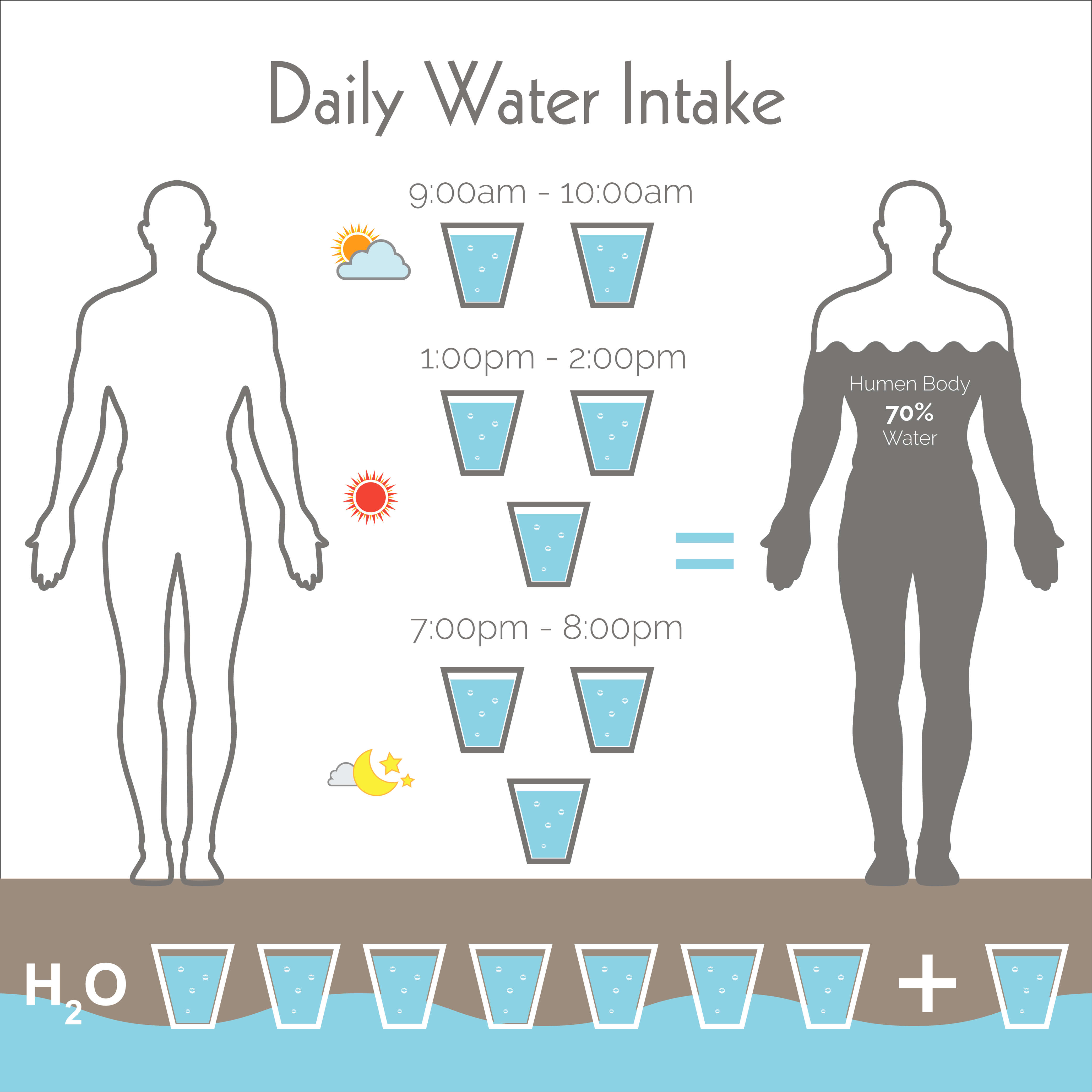
Can’t seem to drink enough water during the day?
Here are a few tips to help you out:
- Mix up a pitcher of fruit-infused water to give your water some extra flavor
- Try to drink a full cup of water before every meal
- Download an app to help you to track how much water you are drinking, as well as setting alarms to remind you to drink some water
- If you are drinking a sugar-filled drink, try diluting this down with some water
- Install a water filter, as this can help your water to taste better
- Mae sure that you drink one glass of water for every alcoholic drink you consume
Remember…
If you are feeling thirsty, then this means that you are already dehydrated.
A Sedentary Lifestyle
More and more people are experiencing a sedentary lifestyle these days, and this is actually a common cause behind daytime fatigue.
How are the two connected?
Well, the lack of physical activity leads to your musculoskeletal and cardiovascular systems de-conditioning, while also depressing your mood. Both of these can then result in daytime fatigue.
There is so much research out there that backs up the way in which exercise is able to help reverse daytime fatigue, making this something well worth trying.
Hate the idea of exercise?
Physical activity doesn’t mean that you have to spend hours in the gym.
If you really think about it, you are guaranteed to be able to find some form of physical activity that appeals to you. Whether this may be a dance class, a group dog walk, a visit to the beach, a gardening session, or even blasting some music at home and dancing around the house, any activity that gets you up and moving regularly can help you to feel less fatigued during the day.
Daytime fatigue is extremely common, but so frustrating to deal with due to the way in which it impacts everyday life. In order to overcome your daytime fatigue, spend some time working out the cause of it, as treating the root issue will be the most effective way to deal with the problem.





